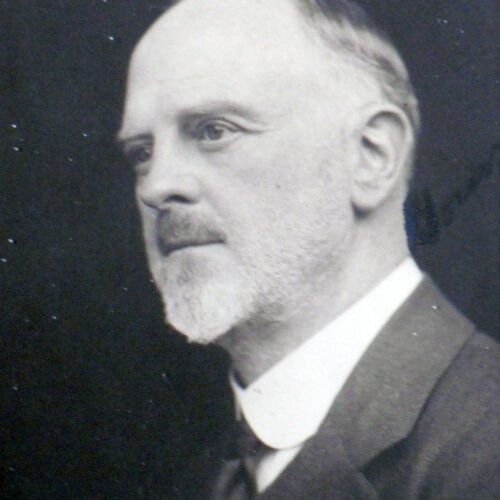

Stanton Coit was a pioneer of the Ethical movement in England and the founder of the West London Ethical Society, which would become the ‘Ethical Church’.
Coit took over from Moncure Conway as minister of the South Place Religious Society in 1888, on the condition that it became an Ethical Society. Heavily influenced by the ideas of Felix Adler, Coit brought the ideals and applications of Ethical Culture to Britain, helping to establish the organised movement which gave rise to Humanists UK.
Stanton Coit was born in Columbus, Ohio on 11 August 1857, the fourth of Harvey and Elizabeth Coit’s eight children. He graduated from Amherst College, Massachusetts in 1879, going on to take courses at Columbia College, New York, before completing his doctorate at Berlin University in 1885. While in New York, Coit joined Felix Adler’s Society for Ethical Culture, a group founded upon values of moral self-improvement and duty, with a motto of ‘deed without creed’.
In 1885, Coit visited London and was impressed by the social work he saw at Toynbee Hall, introducing some of its ideas to Adler’s working men’s school back in New York. He also founded what would become the University Settlement. On his return to London, Coit established a neighbourhood guild in Kentish Town. In 1887, Moncure Conway invited Coit to replace him as the leader of the South Place Religious Society, then meeting at its chapel in Finsbury. He was its minister from September 1888 to December 1891.
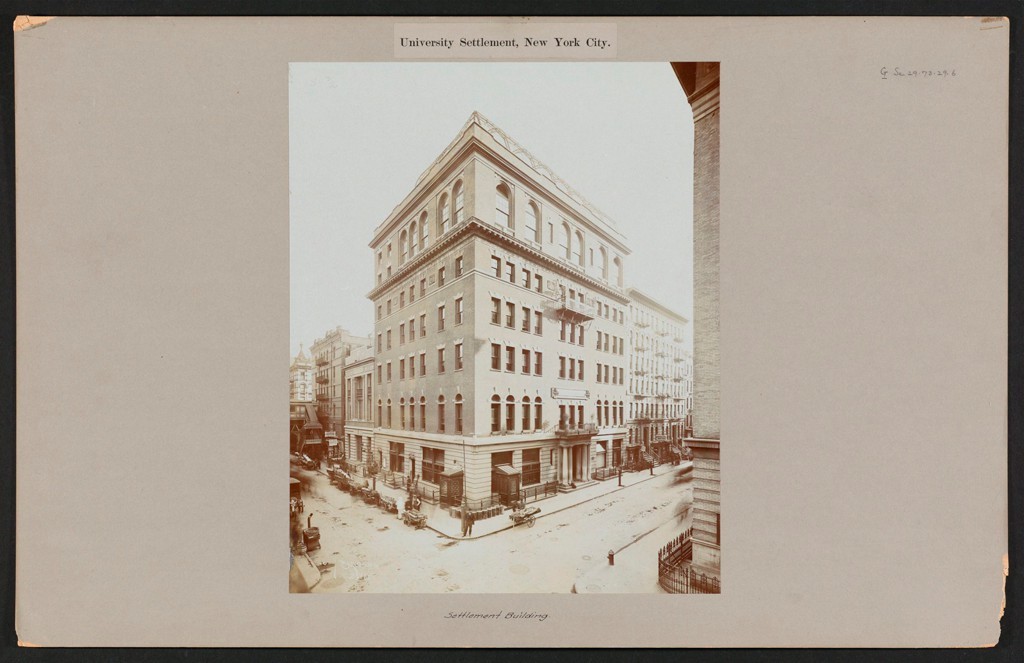
In 1892, Coit founded the West London Ethical Society, which would remain one of the largest of a group which, at its peak, comprised 42 individual societies. Coit was also instrumental in founding the Moral Instruction League, and The Ethical World, a journal whose regular contributors included James Ramsay MacDonald.
In 1898, Coit married Fanny Adela Wetzlar, a suffragist whose involvement with the Ethical Movement predated their union. Both were also active in the international suffrage movement. The couple went on to have three daughters, Adela Isabel, Gwendolen Elizabeth, and Virginia, combining with Fanny Adela’s three children from her previous marriage (Richard, Margaret, and Elizabeth), who also took Coit’s name. Coit’s daughters were all active in the Ethical movement, and attended the progressive school founded by humanist Julia Huxley.
Frederick James Gould, an educationist and fellow devotee of the Ethical Movement, described Coit as preaching ‘an admirable Humanist gospel in a happy alternation of smiles and hurricanes’ and exercising ‘a breezy and hygienic influence on religious and social thought.’
In addition to his work within the Ethical Movement, Coit was also led by his socialist values towards the Independent Labour Party. Following his naturalisation as a British subject in 1903, Coit became a parliamentary candidate for Wakefield, running in the general election of 1906. He was defeated by the Conservative candidate then, and again in 1910.
In 1909, Coit purchased a Methodist church in Bayswater, which became the Ethical Church. Here, Coit and his West London society experimented with ethical worship, decorating the building to reflect the values of Ethical Culture, and producing Social Worship: for Use in Families, Schools and Churches (1913).
Coit retired to Birling Gap, near Eastbourne, Sussex, in 1933, and died there on 15 February 1944. His funeral service, at Golders Green Crematorium, was conducted by Harold Blackham, who succeeded Coit as leader of the Ethical Church.
Coit was the driving force in South Place’s shift from a ‘religious’ to an ‘ethical society’, and a prime mover in developing the Ethical movement in Britain. He was instrumental in the 1896 formation of the Union of Ethical Societies (today’s Humanists UK), and supported the establishment of many individual ethical societies throughout the UK. Coit was firm in his belief that morality was utterly independent of any supernatural influence, arguing that man’s highest duty was to man.
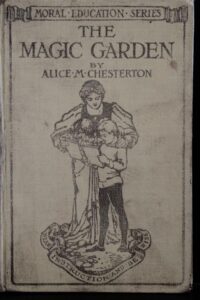
Its aim will be to secularise education and make moral training the chief aim of the school life. A great […]
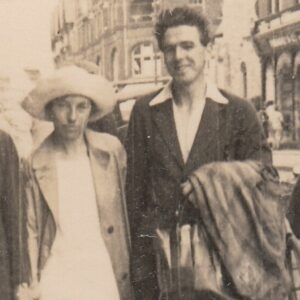
We must grow out of the crude and unreal ideas of immortality and content ourselves with the only kind of […]
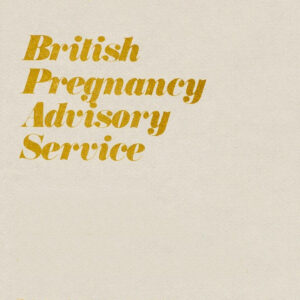
The British Pregnancy Advisory Service (BPAS) began as the Birmingham Pregnancy Advisory Service, created to provide access to safe, legal, […]
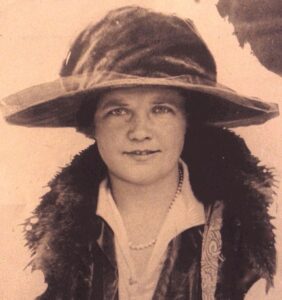
There is nothing in this world to compare with the joy of finding something to do that one believes to […]